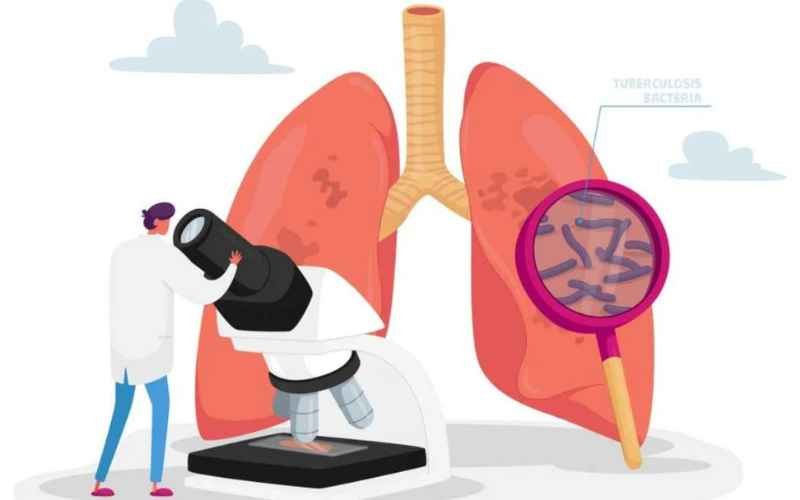Tuberculosis (TB) remains a global health threat, with millions of people affected annually. Despite significant progress in treatment, drug resistance and immune evasion mechanisms challenge our efforts. However, a beacon of hope shines through the relentless work of experts in immunology and medicine who are pioneering immune-enhancing therapies to combat TB. In this blog, we delve into the innovative approaches and promising developments in the fight against this ancient disease.

Understanding the Challenge:
TB, caused by Mycobacterium tuberculosis, primarily affects the lungs but can impact other organs too. Standard treatment involves a combination of antibiotics, but drug-resistant strains complicate management. Additionally, the bacterium can evade immune responses, leading to persistent infections and recurring disease.
The Role of Immune Enhancement:
Enhancing the body’s immune response against TB is a promising avenue for treatment. This approach aims to bolster the immune system’s ability to recognize and eradicate the bacteria, potentially reducing reliance on antibiotics and minimizing drug resistance.
Innovative Therapeutic Strategies:
- Vaccines: Researchers are developing novel TB vaccines designed to stimulate stronger and more durable immune responses. These vaccines aim not only to prevent infection but also to enhance immunity in individuals already exposed to the bacterium.
- Immunomodulatory Agents: Various compounds capable of modulating immune responses are being investigated as adjunctive therapies for TB. By fine-tuning the immune system’s activity, these agents could help overcome bacterial evasion strategies and improve treatment outcomes.
- Biological Therapies: Biologics, such as monoclonal antibodies, hold promise in targeting specific immune pathways involved in TB. By neutralizing bacterial virulence factors or enhancing immune cell function, these therapies offer new avenues for intervention.
Challenges and Opportunities: Developing immune-enhancing therapies for TB presents several challenges, including the complexity of the host-pathogen interaction, the need for rigorous clinical testing, and ensuring accessibility in resource-limited settings. However, collaborations between researchers, clinicians, and public health authorities offer opportunities to overcome these hurdles and bring novel treatments to fruition.
The Road Ahead: While immune-enhancing therapies for TB are still in the experimental stages, early results are promising. Continued research, supported by robust funding and global collaboration, is essential to advance these therapies from the laboratory to the clinic. Ultimately, by harnessing the power of the immune system, we can envision a future where TB is no longer a formidable foe but a conquered adversary.
Conclusion: The development of immune-enhancing therapies represents a paradigm shift in the approach to TB treatment. With experts at the forefront of innovation, armed with knowledge, determination, and collaboration, we stand on the brink of a new era in the fight against this ancient scourge. Together, let us unlock the future and consign TB to the annals of history.










